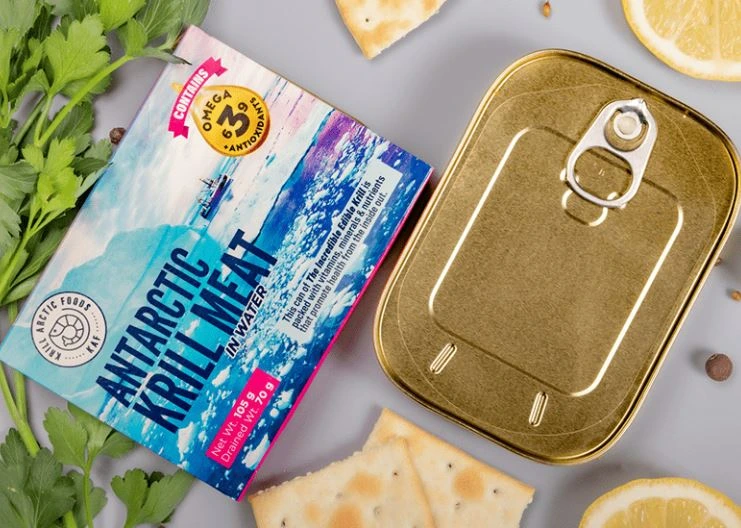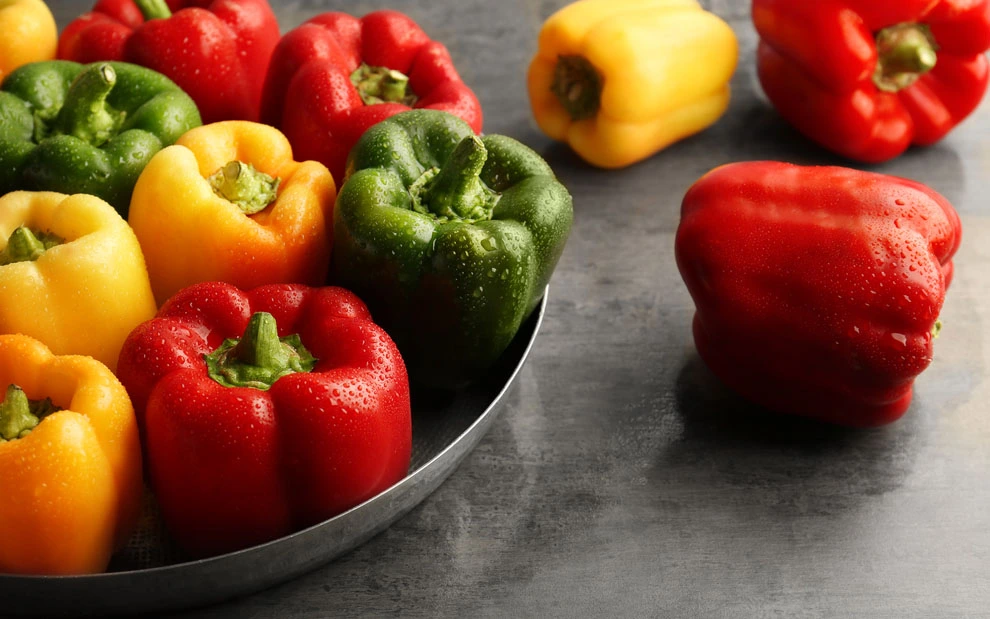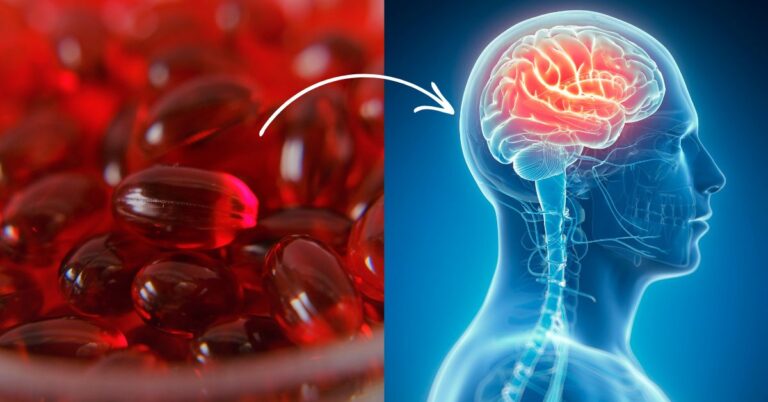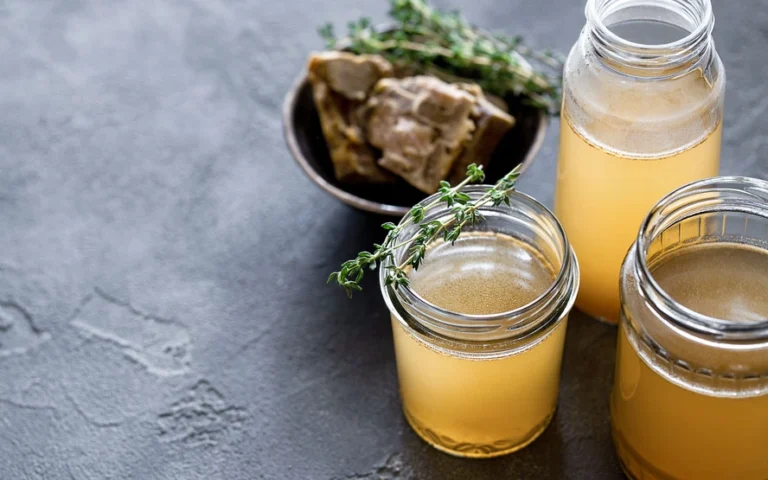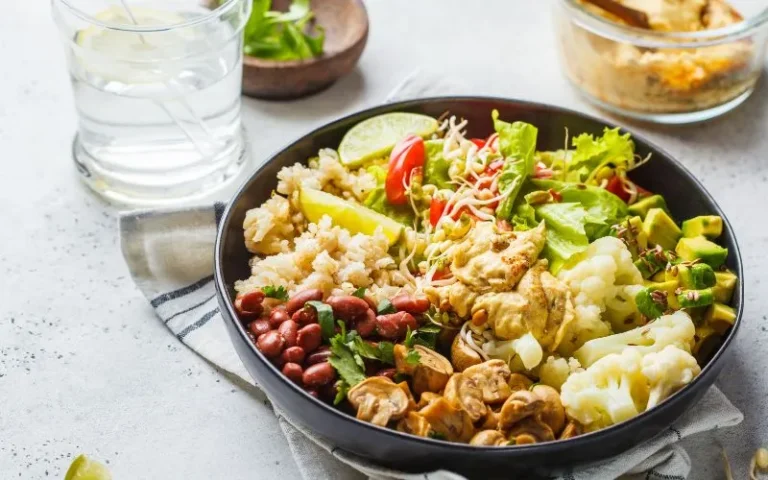Our first instinct might be to turn towards topical treatments and skincare products in the quest for radiant, youthful skin. However, the foundation of healthy skin lies in what we consume. Nutrition plays a pivotal role in skin repair and regeneration, with certain foods standing out for their skin-healing properties. Among the myriad superfoods touted for their skin-enhancing benefits, krill meat emerges as an unexpected yet potent ally in skin repair and rejuvenation. This comprehensive guide delves into the best foods that aid skin repair, offering insights into how these nutritional powerhouses work to rejuvenate and heal your skin from the inside out.
The Skin’s Need For Nutrition
Our skin, the body’s largest organ, reflects our overall health. It requires a myriad of nutrients to repair itself, fight off damage from environmental stressors, and maintain elasticity and hydration. Aging, UV exposure, pollution, and lifestyle choices can all impair the skin’s ability to regenerate, leading to premature aging, dullness, and other skin issues. Incorporating nutrient-rich foods into our diet can bolster the skin’s natural repair mechanisms, promoting a healthier, more youthful complexion.
Top Foods For Skin Repair
The journey to radiant, healthy skin is multifaceted, incorporating topical treatments, skincare routines, and nutrition. Here are the top 12 foods for skin repair:
Fatty Fish
Salmon, mackerel, and herring are excellent sources of omega-3 fatty acids, which are crucial for maintaining skin health. Omega-3s help keep the skin thick, supple, and moisturized. A deficiency in omega-3 fats can lead to dry skin. These fish also contain vitamin E, an important antioxidant property that protects the skin from oxidative damage, and zinc, which contributes to producing new skin cells and healing skin injuries.
Krill Meat
Krill are small, shrimp-like crustaceans found in the ocean. Krill meat is a sustainable seafood option and a powerhouse of nutrients vital for skin repair, including omega-3 fatty acids, antioxidants, and vitamins. For those who prefer a direct approach, krill oil supplements are an efficient way to incorporate the benefits of krill into your diet.
While less common than other seafood, krill can be used in various dishes. Incorporating krill into soups, krill salads, or as a side dish can add a nutritional boost to your meals.
Avocados
Avocados are rich in healthy fats, essential for keeping skin flexible and moisturized. They also boast high levels of vitamins E and C, antioxidants that protect skin cells from oxidative damage. Vitamin C is essential for producing collagen and maintaining skin strength and firmness.
Walnuts
Walnuts have a perfect balance of omega-3 and omega-6 fatty acids. While omega-6 fats are abundant in the Western diet, omega-3 fats are rarer. Excessive omega-6 can promote inflammation, including inflammatory skin conditions. Eating walnuts can help counteract this imbalance, reduce brain inflammation, and support skin health.
Sweet Potatoes
A nutrient called beta-carotene is found in plants, and sweet potatoes are a fantastic source of it. Beta-carotene acts like a natural sunblock, protecting your skin from sun damage. It can also help you avoid sunburn, hydrate your skin, and look healthy.
Bell Peppers
Like sweet potatoes, bell peppers are high in beta-carotene. They are also one of the best sources of vitamin C, necessary for collagen production. Plenty of vitamin C-rich foods can keep your skin firm and strong, reducing the appearance of aging.
Sunflower Seeds
Sunflower seeds are a great source of protein, vitamin E, selenium, and zinc, which are important for maintaining healthy skin. Vitamin E is especially beneficial as it protects the skin from sun damage, regulates inflammation, and helps produce collagen and elastin. One ounce of sunflower seeds provides almost 50% of the recommended vitamin E.
Broccoli
Broccoli contains vitamins and minerals important for skin health, including zinc, A, and C. It also contains lutein, a carotenoid that works like beta-carotene, protecting the skin from oxidative damage. Broccoli florets also pack a special compound called sulforaphane, which boasts potential anti-cancer effects, including on some types of skin cancer.
Tomatoes
Tomatoes are a rich source of vitamin C and consist of all the major carotenoids, including lycopene. Carotenoids act as antioxidants and absorb harmful radiation from the sun, thus protecting the skin from sun damage. They also help prevent the formation of wrinkles by reducing oxidative stress and inflammation.
Dark Chocolate
Cocoa in dark chocolate contains antioxidants that protect the skin against sunburn. These advantages of antioxidants also improve wrinkles, skin thickness, hydration, blood flow, and skin texture. However, choose dark chocolate with at least 70% cocoa for the best results to minimize added sugar and maximize the benefits.
Green Tea
Green tea is good for your skin. It has special things called catechins that help your skin stay healthy. Like other foods with antioxidants, green tea can help protect your skin from sun damage.
Red Grapes
Resveratrol, found in the skin of red grapes, may slow your skin’s aging process by impairing harmful free radicals that damage the skin. Red grapes have various potential health benefits, including reducing the effects of aging.
Incorporating These Foods Into Your Diet
Incorporating these best skin care foods into your daily diet can support skin health and repair. Consider blending avocados into smoothies, snacking on walnuts, or adding sweet potatoes to your dinners. Salads and stir-fries can be enriched with bell peppers, broccoli, and tomatoes, ensuring you get a good mix of these skin-repairing nutrients.
Conclusion
Nurturing your skin’s health extends beyond topical treatments, including the nutrients we feed our bodies. By incorporating various foods listed above into your diet, you can provide your skin with the essential nutrients it needs for repair, protection, and renewal. Remember, achieving healthy skin is a gradual process that begins by nourishing your body from within. Consistent dietary choices focused on skin health allow you to enjoy a radiant, youthful complexion that reflects your overall well-being.



